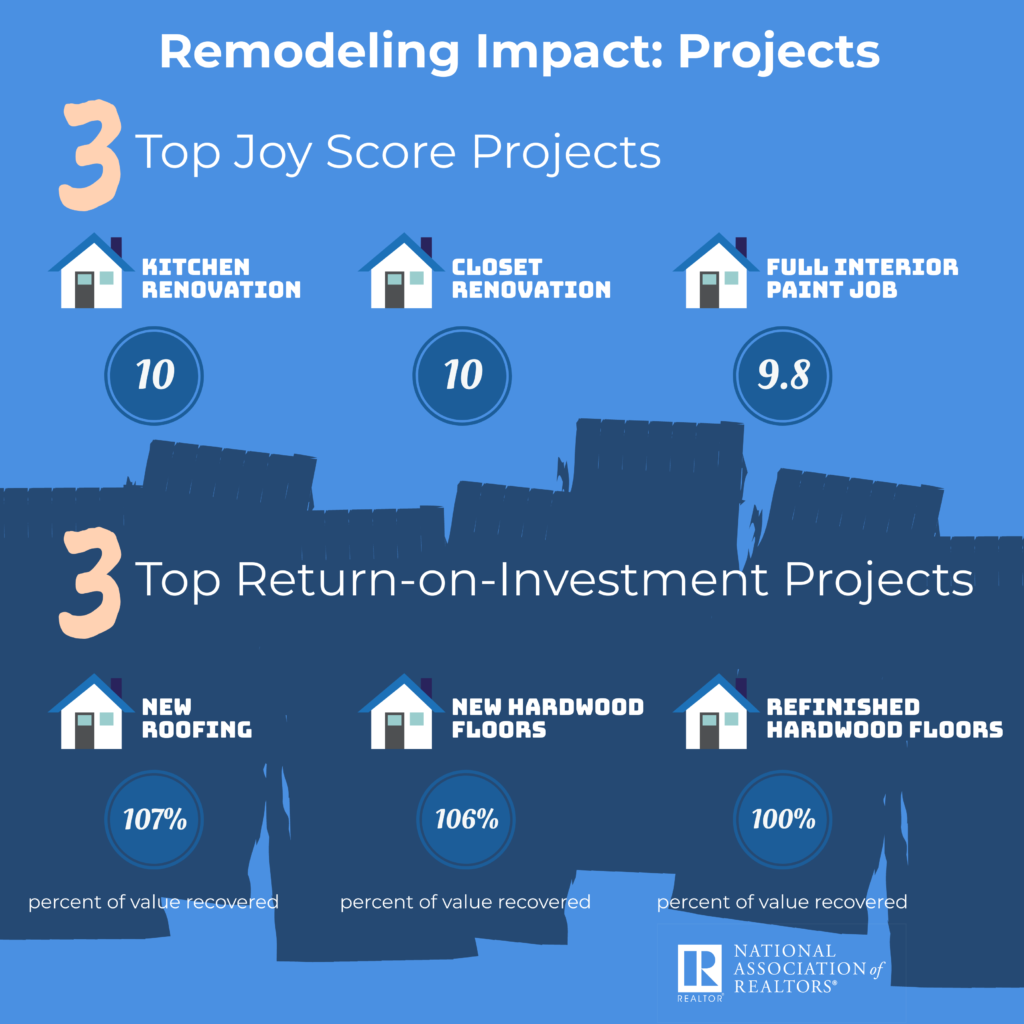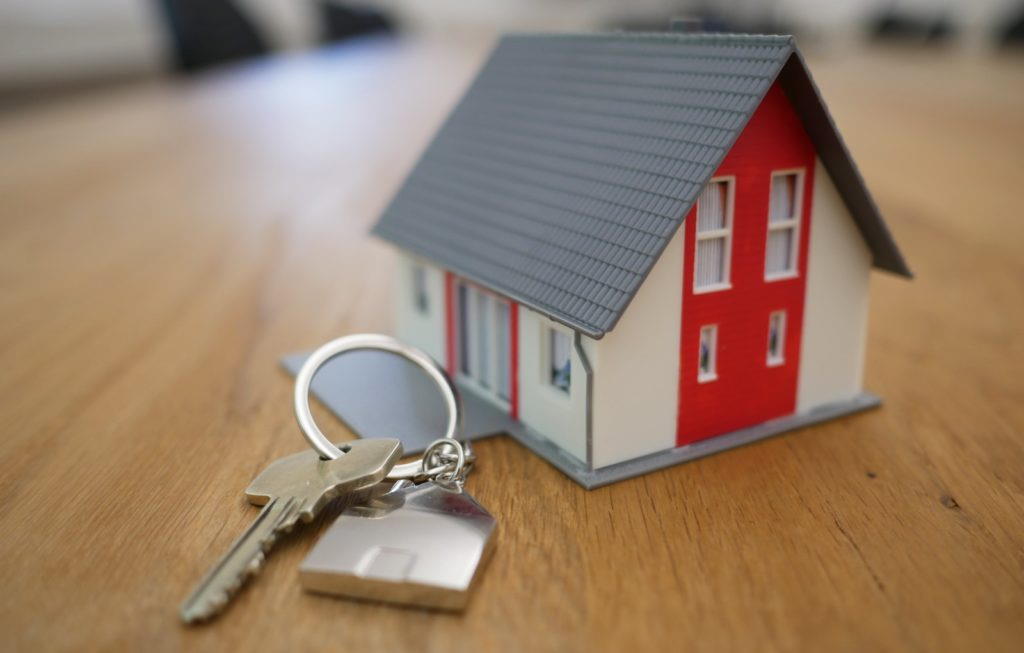If you’ve ever thought about flipping houses, you’ve probably come up with a lot of questions. Eventually, new house flippers start asking, “How would I even get started?”
It’s the right question to ask, because flipping houses is not a simple hobby to jump into. Getting started well requires a few preliminary steps and considerations—from budgeting, to lining up the right network, to setting up an LLC, and more.
What is house flipping?
House flipping is a real estate investment strategy wherein the investor purchases a house and quickly resells it at a profit. A house is usually considered “flipped” when it is purchased and resold within one year.
Sometimes, a house is flipped in 24 to 48 hours, when the investor finds and purchases a property for an end buyer that the investor already has a relationship with. More commonly, house flippers identify a promising investment opportunity, make improvements and updates to the property, and then sell the house through traditional real estate processes.
Flipping houses can be a profitable business or hobby, but there is a learning curve to getting started. If you’re thinking about investing in house flipping, there are seven steps to getting started on the right foot.

1. Set a budget and start saving.
House flippers are real estate investors and entrepreneurs, so budgeting is part of the job. Details of a budget will get filled in when you identify a specific property and identify what work needs to be done, but you can start putting together a rough budget ahead of time. Consider what size project you want to start with, and budget based on that price tag.
Budget items to consider include:
- A down payment
- Lender fees
- Monthly loan payments
- Taxes and insurance
- Utility bills
Additionally, flipping houses requires some cash, so start saving now. A lot of budget items can be paid from fix and flip financing, but you need to provide about 25% of the loan value as a down payment on hard money loans.
Learn more about how to budget for a fix and flip investment →
2. Partner with an experienced realtor.
As you think about getting started with flipping houses, find a good local realtor who has experience working with flippers. Experienced investors always want to work with a real estate agent who has relevant experience, but it’s even more important if you’re new.
Realtors who have had a front row seat for house flips have all kinds of key insights, including:
- The best price for an as-is property being purchased as a short-term investment.
- An eye for local real estate trends that are especially valuable to flipping houses.
- Insider information on which renovations or updates people in the area are really looking at (and which would be a waste of your investment).
Once you have a few successful flips under your belt, you will start to earn some of these insights as well, but if you’re just getting started, you need a good real estate agent who knows about flipping houses.

3. Set up your LLC.
A limited liability company (LLC) is a legal entity, like a corporation, that allows you to own and operate a business. An LLC is a much simpler setup than a corporation, but—like a corporation—it separates your personal assets from the company’s assets.
Setting up an LLC for your house flipping business keeps your personal finances and investments safe. If something goes wrong during a flip, and creditors sue, they can only come after the company’s assets—not your personal bank accounts, cars, properties, etc.
You can flip houses without an LLC, but very few investors do. It’s so easy and affordable to set up an LLC that it’s just not worth shortcutting. In the State of Texas, it only costs $300 to file a Certificate of Formation for an LLC.
Additionally, most hard money lenders will only do business with an LLC. Unless you have enough cash on hand to finance the entire project, you will need an LLC to get a hard money loan.
Learn more about how to get a hard money loan →
4. Research local markets.
Your real estate agent will be a great resource for knowledge about local markets, but you’ll want to get some initial research under your belt as you get started.
Investors often classify neighborhoods according to a four-tiered ranking:
- Class A neighborhoods are the highest-income areas.
- Class B neighborhoods are usually home to middle-class, or even upper middle-class, families.
- Class C neighborhoods are generally considered working class areas, home to a greater percentage of blue-collar workers.
- Class D neighborhoods are the lowest-income neighborhoods.
It’s important to know, first, because you need to look for homes to flip that fit your budget. You may be able to make up a small gap with good financing, but a 25% down payment requires much more capital up-front in a class A neighborhood than in a class C neighborhood.
Additionally, while class D homes will be the cheapest buys, they are also, often, harder to sell once they’ve been updated. Insurance rates are often higher in those neighborhoods as well.
New flippers should start in a class C or class B neighborhood. Look for a market that has both:
- A smaller number of houses for sale, and
- Property values that are climbing.

5. Network with reliable contractors.
Before you buy a house, start building a network of local contractors who have reputations for doing high quality, reliable work—and who are bonded, licensed (if applicable), and insured. You’ll want to talk to some expert electricians, plumbers, etc., as well as a few well-rounded general contractors and handymen.
A real estate agent with experience in house flipping will be a good resource, here. If you work with a local hard money lender, they may have good contacts as well. Look for contractors who, again, have experience on house flips: the work is fast paced and deadlines are tight, so you need professionals who understand that urgency.
6. Learn about smart renovations.
All renovations are not equal, and before you start looking at properties to flip, you need to know which types of updates are going to be worth the investment. There are two main considerations:
Market preferences vs. your preferences
Too many new flippers fall in love with the idea of turning a shabby house into something immaculate, but beauty is in the eye of the beholder. Make sure you know what styles, finishes, trends, etc., are selling in the market before you start. The last thing you want to do is invest in renovations that effectively devalue the home.
Bang for the buck
Some updates are worth every penny, but some are not. Earning the best possible ROI from your house flip means understanding which is which—and when enough is enough.
The National Associations of Realtors’ annual Remodeling Impact report is a great place to start. The latest report, for example, demonstrated that new roofing is the #1 ROI project for home remodeling.

Infographic from the National Association of Realtors’ 2019 report.
Kitchen remodeling was one of the top two “joy score” projects, but there are better and worse ROI projects within a kitchen remodel. It pays to know which renovations are worth your investment.
Learn more: “21 House Flipping Tips to Maximize Profit and Avoid Common Mistakes” →
7. Get a hard money loan and buy the house!
Once you’ve found a house to flip, you need fast financing. Traditional mortgage and lending options were designed for long-term loans, and are slowed by the requirements of large financial institutions.
Hard money loans, on the other hand, are private loans from local investors. They are more flexible, more readily available, and much faster than traditional financing options. Hard money fix and flip loans were designed specifically for real estate investors who need to move quickly and negotiate flexible terms.
Start flipping houses!
It’s true that flipping houses isn’t as easy or glamorous as some television shows make it seem, but it can be a good source of income—and it can be a lot of fun, if you enjoy the work and the process!
Flipping houses is essentially starting a small business, so you will need to complete some similar initial steps: budgeting, networking, researching, etc. The good news is, most of these steps are only done once, and you gain new experience and expertise with every flip.
When you’re ready to get started, set up that budget. How much of your current savings can you invest? What size project do you want to start with, and how much more do you need to save for that down payment? Good luck!
And if you’re investing in real estate anywhere in the State of Texas, we hope you’ll give us a call or fill out our online application when you’re ready to talk about financing. There’s a reason that Loan Ranger Capital is one of the most recognized and trusted hard money lenders in Texas!
